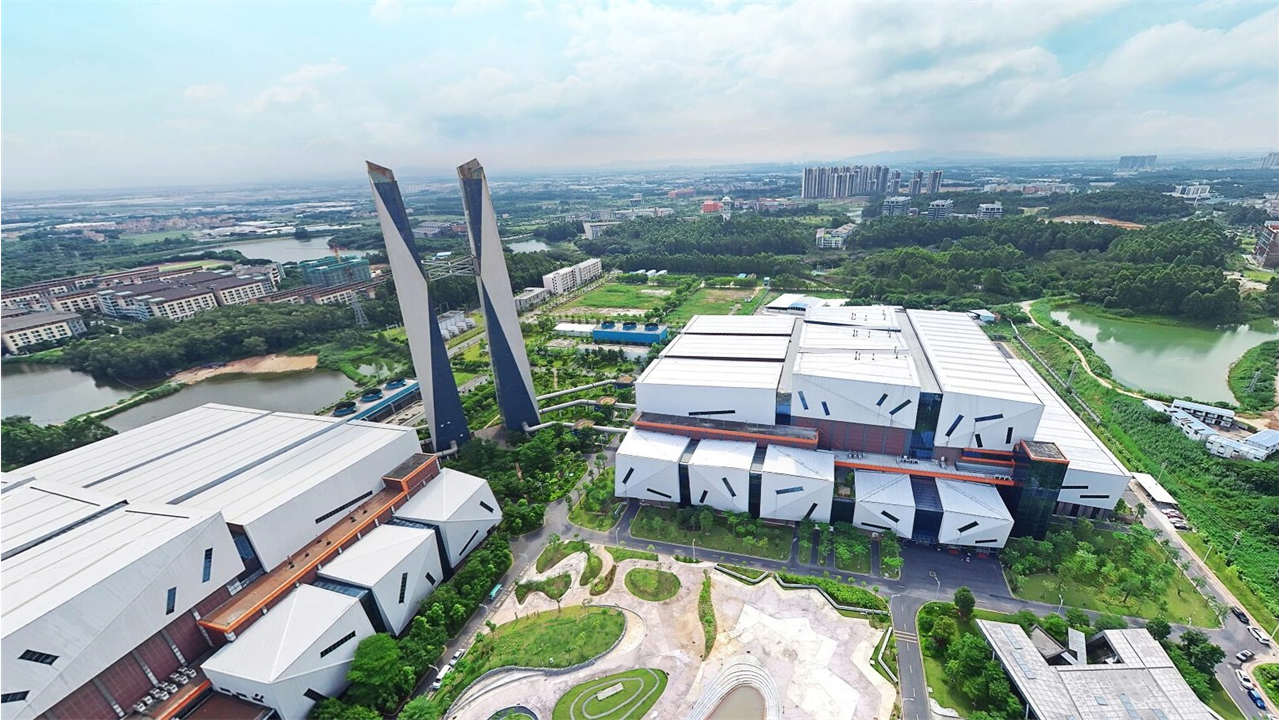


Photo courtesy to GrandBlue
Waste incineration, though still controversial, is and will be a major option for waste management, and has become a new drive in electricity generation in China.
In April, the Asian Development Bank signed a $100 million loan agreement with Shanghai Kangheng Environment Co., Ltd. in Beijing, which is the first waste incineration project supported by the international agency.
However, the rapid growth of the waste-to-energy industry still makes some people concerned about whether burning trash is a good way of disposal. The concern varies from province to province due to different environmental standards. For example, some solid waste incinerators have sparked resistance among local residents, as they are against their environmental concerns.
“A healthy waste disposal system should be built by both enterprises and people, in which the latter may play a more dominant role. Enterprises in the incineration industry sometimes feel remote because of the misunderstandings from the public. But I believe we’ll find a mutual-beneficial solution for a sustainable future,” said Yan Lei, a spokesperson from GrandBlue, a Chinese solid waste management company.
Yet, is incineration truly an anathema, or is it possible to find an eco-friendly path to avoid cold-shoulder from locals?
Currently, China has 428 waste-to-energy plants in 29 provinces. However, only 270 of them have disclosed monitoring information to the public on their websites or on local government monitoring databases. This means some people are still in the dark about the amount of things like particulate matter, sulfur dioxide, nitrogen oxides, hydrogen chloride, heavy metal oxides, carbon monoxide, and dioxins, according to a recent report jointly released by Friends of Nature and Wuhu Ecology Center, two Chinese NGOs dedicated to promoting information disclosure in the waste incineration industry.
However, administrative execution alone will not necessarily spur active information disclosure in the waste incineration industry.
Unlike the nuclear power industry, which has built up trust with people through dialogue and long-term science popularization, waste incineration is still in its early stage of the management of corporate social responsibility.
“The awareness of corporate environmental responsibility is growing as more incineration enterprises are established around China. An increasing number of listed companies, who would normally avoid this form of dialogue, have started to go out of their comfort zone to communicate with local people,” said Ding Shanshan, a co-author of the report.

 Award-winning photos show poverty reduction achievements in NE China's Jilin province
Award-winning photos show poverty reduction achievements in NE China's Jilin province People dance to greet advent of New Year in Ameiqituo Town, Guizhou
People dance to greet advent of New Year in Ameiqituo Town, Guizhou Fire brigade in Shanghai holds group wedding
Fire brigade in Shanghai holds group wedding Tourists enjoy ice sculptures in Datan Town, north China
Tourists enjoy ice sculptures in Datan Town, north China Sunset scenery of Dayan Pagoda in Xi'an
Sunset scenery of Dayan Pagoda in Xi'an Tourists have fun at scenic spot in Nanlong Town, NW China
Tourists have fun at scenic spot in Nanlong Town, NW China Harbin attracts tourists by making best use of ice in winter
Harbin attracts tourists by making best use of ice in winter In pics: FIS Alpine Ski Women's World Cup Slalom
In pics: FIS Alpine Ski Women's World Cup Slalom Black-necked cranes rest at reservoir in Lhunzhub County, Lhasa
Black-necked cranes rest at reservoir in Lhunzhub County, Lhasa China's FAST telescope will be available to foreign scientists in April
China's FAST telescope will be available to foreign scientists in April